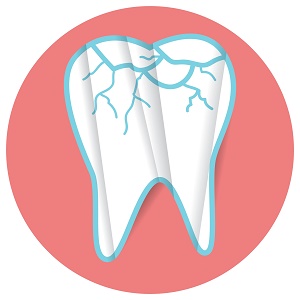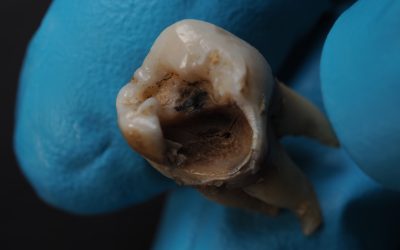In the bathroom cabinets of most homes can be found a plethora of first aid devices, medications, and booklets to deal with a number of ailments. However, the one category of first aid that many families often neglect to acknowledge is often one of the most important of all – dental first aid. Indeed, tooth related traumas can be as severely damaging to overall health as regular cuts and abrasions, if not more so.
While they are not necessarily more complicated to deal with, they certainly do require some specialized tools and know how that isn’t associated with other forms of injury. If you want you and your family to be prepared for an inevitable dental emergency, read on for our excellent tips and tricks for administering dental first aid.
Fractured and Broken Teeth
 Fractured teeth are a relatively simple fix, despite the overwhelming pain they often cause. If you can find the broken pieces of tooth, collect them and place them in a solution of milk or saliva for preservation. Assuming the victim’s teeth are not too sensitive, a cold compress may be used to dull the pain. Be sure to wash the mouth out thoroughly with an antiseptic rinse to avoid rotting the broken tooth.
Fractured teeth are a relatively simple fix, despite the overwhelming pain they often cause. If you can find the broken pieces of tooth, collect them and place them in a solution of milk or saliva for preservation. Assuming the victim’s teeth are not too sensitive, a cold compress may be used to dull the pain. Be sure to wash the mouth out thoroughly with an antiseptic rinse to avoid rotting the broken tooth.
Finally, with the broken tooth temporarily treated and the fractured pieces secured, see a dental professional as soon as possible so they can thoroughly clean the broken tooth and figure out a way to rebuild it.
Toothaches
Toothaches can spring up for any number of reasons, and unfortunately, not all can be combated with home remedies. Inspect the site of pain for food particles lodged in the area. If there are food particles, simply flossing, brushing, and dislodging them from the area should alleviate pain relatively quickly. If the pain is felt for an extended period, a cold compress can help, as can over-the-counter pain medications like aspirin. If the source of the pain cannot be identified, it is best to enlist the help of a dentist.
Oral Sores
Sores in the mouth can stem from a number of common contusions including biting your tongue, eating something sharp, or even scalding your mouth with a hot drink. Regardless of how the sores form, they all have one thing in common – they are often very painful. If you are treating mouth sores, and the individual being treated does not have abnormally sensitive teeth, it is acceptable to use a cold compress for pain reduction.
Be sure to thoroughly clean the mouth so that food particles can’t get into the sores or cuts and cause an infection. Finally, use an antiseptic solution to speed recovery time. Antiseptics can include fancy over-the-counter medications, or something as simple as a saltwater rinse.
Loose or Severed Teeth
While many will consider a tooth knocked out of the mouth a lost cause, it is actually possible to save the tooth provided you act quickly and appropriately. When you retrieve the missing tooth, be sure to pick it up by the tip and not the root, in order to minimize the spread of bacteria into the tooth. Place it in a solution of either milk or saliva to considerably extend the time it will stay preserved. Once





